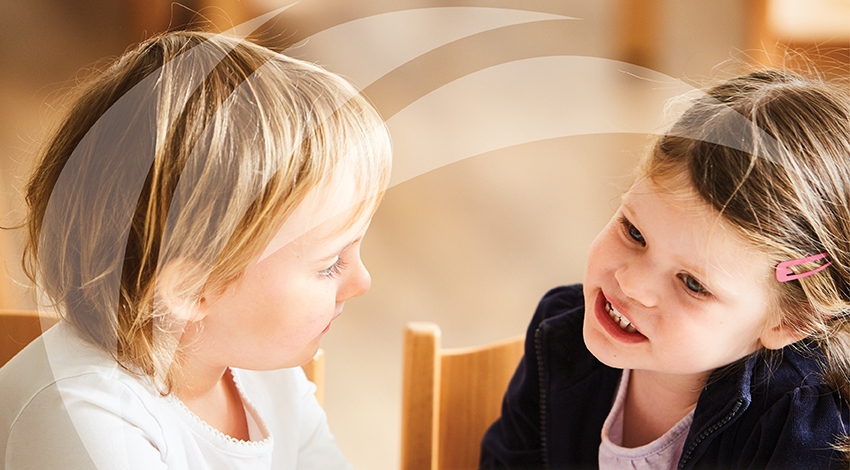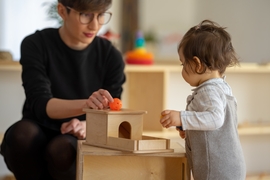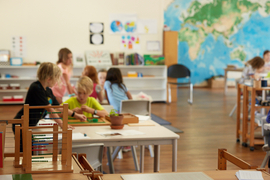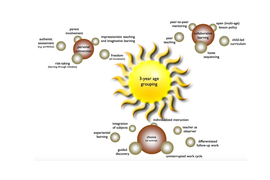
Parenting is one of the most rewarding and challenging roles we play as adults. Our society has high expectations of parents and yet we are not always able to access the resources we need to become the parent we want to be. Montessori can offer you a parenting framework from birth to maturity. It is more than an educational method; it is an approach to supporting the full development of your child.
Here are some simple, yet effective ways in which adults can support the development of a growing child.
Movement
Your child has a strong drive to move. She will continue to refine her fine motor movements, developing strength and dexterity in her fingers and wrists. She will practice eye to hand coordination through her everyday activity and refine her gross motor control and balance. You can support her development by encouraging her to engage in practical life activities at home, which meet this need to move. Activities such as washing a table, sweeping the floor, dusting a shelf are great ways in which to encourage her to be purposeful and satisfy her drive to move. Spending time outdoors in environments that provide safe places to run, climb and jump is equally important.
Language
Your child is continuing to develop her spoken language. This is the foundation for later writing and reading. There are so many ways in which you can fill your child’s environment with rich oral language. Tell your child true stories with a beginning, middle and end and encourage her to tell her own stories. Continue to provide your child with the vocabulary for the things she sees in her environment. Your child will find your use of unfamiliar words intriguing! Books, stories, poems and songs provide your child with additional vocabulary and a structure through which to help her recall what she has heard.
Your child will enjoy playing sound games with you, like I Spy. Encourage your child to think about the sound that starts a word, rather than names of the letters. You can extend this game by inviting your child to think about the ending sound, then a middle sound until finally she can identify all the sounds in a word.
Emotional and Social Development
Your child is now very interested in the courtesies of our social relationships. She will observe how you communicate with others and absorb this model. Your child will enjoy short ‘social skills’ lessons. Choose a ‘neutral’ moment in order to avoid your child feeling that the lesson is a correction. You could role model and practice how to introduce yourself or how to ask for assistance.



